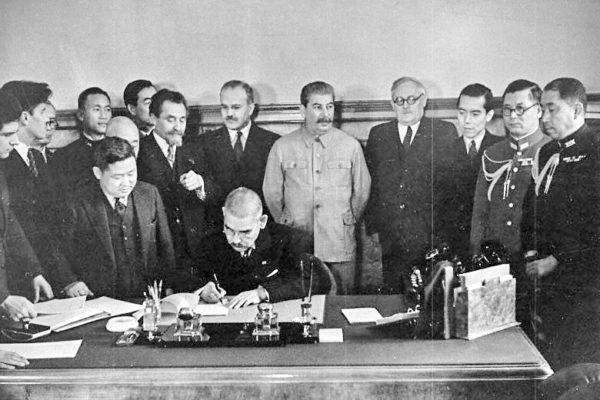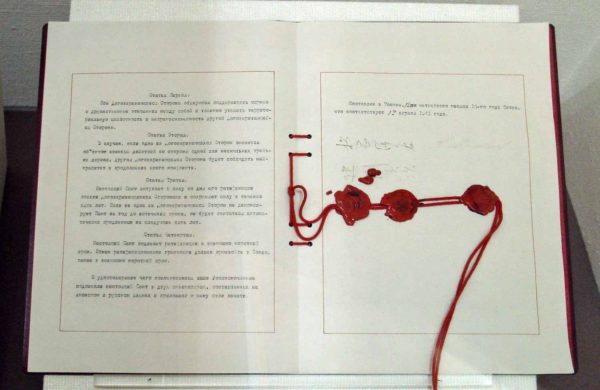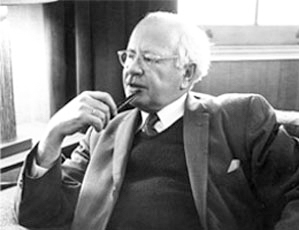Have you ever wondered what the world would be like today had Hitler and the Nazis won the war? That scenario would likely include the fact that the Germans successfully invaded Britain. Today, we will examine the German plans for “Operation Sea Lion,” the planned invasion of England and what the consequences for British citizens might have been had the Germans occupied the country.
Did You Know?
Did you know that Stalin and Hitler signed a non-aggression treaty on 23 August 1939? Otherwise known as the Molotov-Ribbentrop Pact, the treaty allowed both dictators to partition Poland into satellite territories for Germany and the Soviet Union. Of course, you knew this. However, did you know that Stalin signed a neutrality pact with Japan on 13 April 1941? Of course, most of us don’t know about this. Yōsuke Matsuoka (1880−1946), Japan’s foreign minister, negotiated and signed on behalf of Hirohito and the government.
The Soviet-Japanese Neutrality Pact had similar consequences. The German treaty allowed Hitler to turn his attention to the west without worrying about a second front (and it secured Stalin’s western boundary). The Japanese pact eliminated a second front for Hirohito’s generals (and it secured Stalin’s eastern borders). By this time, Japan was preparing to attack Pearl Harbor and Hitler was planning Operation Barbarossa, the invasion of the Soviet Union. The Japanese did not know if Hitler was going to invade England or the Soviet Union. By then, Hitler had given up on invading the British Isles and it is thought that had the Führer informed Japan about his intent to invade Russia (22 June 1941), the Japanese may have launched an attack on Siberia (likely sparing Pearl Harbor). After Matsuoka failed in his attempt to convince the Japanese cabinet to tear up the treaty and attack the Soviet Union, he resigned in disgrace.

Despite Roosevelt’s attempts to “bribe” Stalin into committing to fight the Japanese alongside the Allies, the Soviet Union remained “neutral” with respect to the war against Japan. That is, until America dropped the bomb on Hiroshima. Stalin tore up the Soviet/Japanese neutrality pact and invaded Manchuria and Korea. Stalin joined the fight against the Japanese in the waning days of the war and reaped the expected rewards.

As we’ve seen throughout history, a treaty with a dictator or totalitarian regime is only as good as long as the regime needs it to be.
War-time Nazi Documents
Most of us are aware that the Germans were fastidious in their attention to detail and documentation. Toward the end of the war as they began retreating from the occupied countries, many documents were destroyed to prevent them from ending up in the hands of the Allied army. At the same time, Himmler gave orders to destroy all evidence of Nazi crimes in the concentration and extermination camps. Similar scenarios occurred in Berlin as the Soviet army began its final assault. Read More Professor Dr. Six

